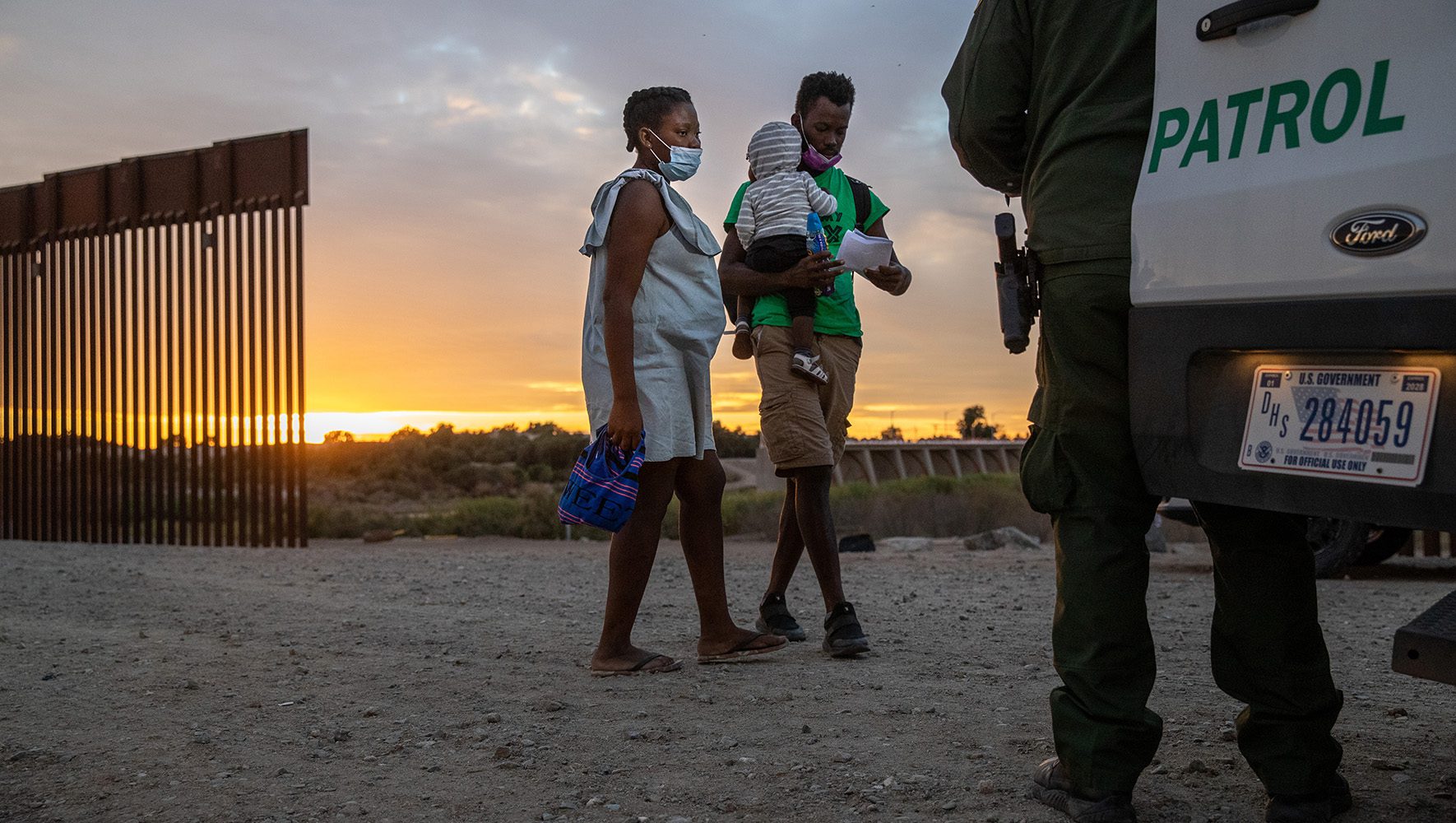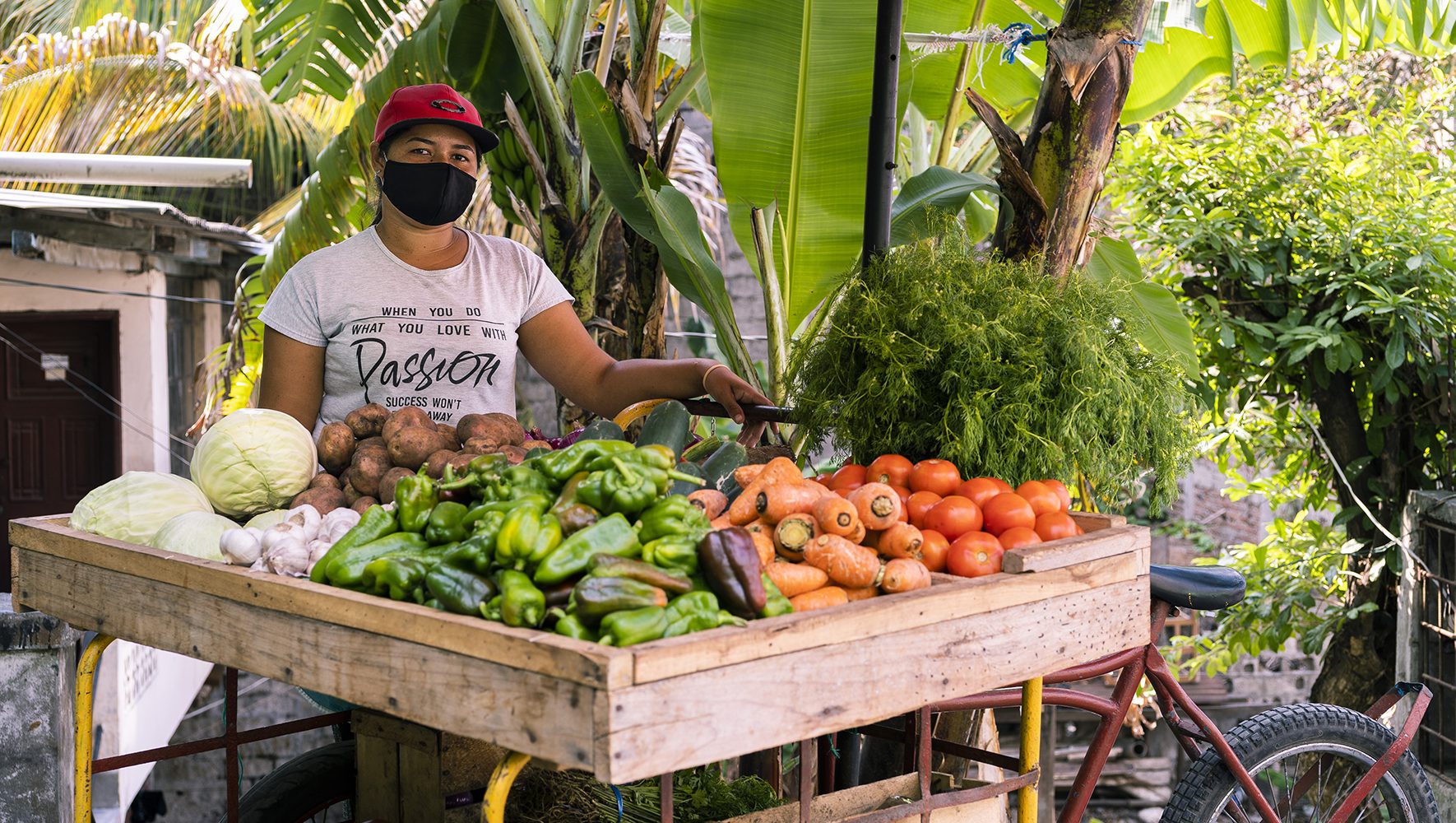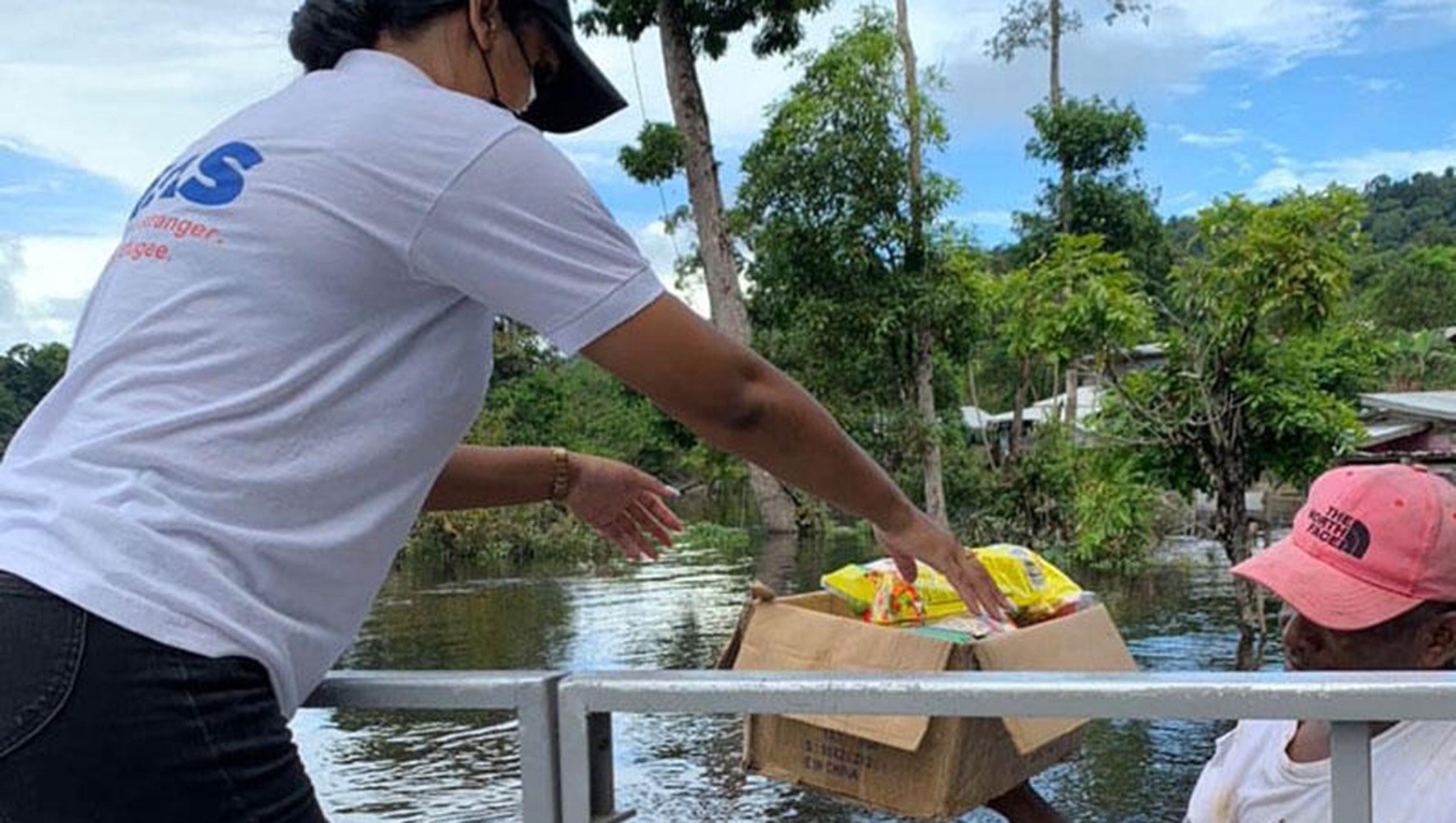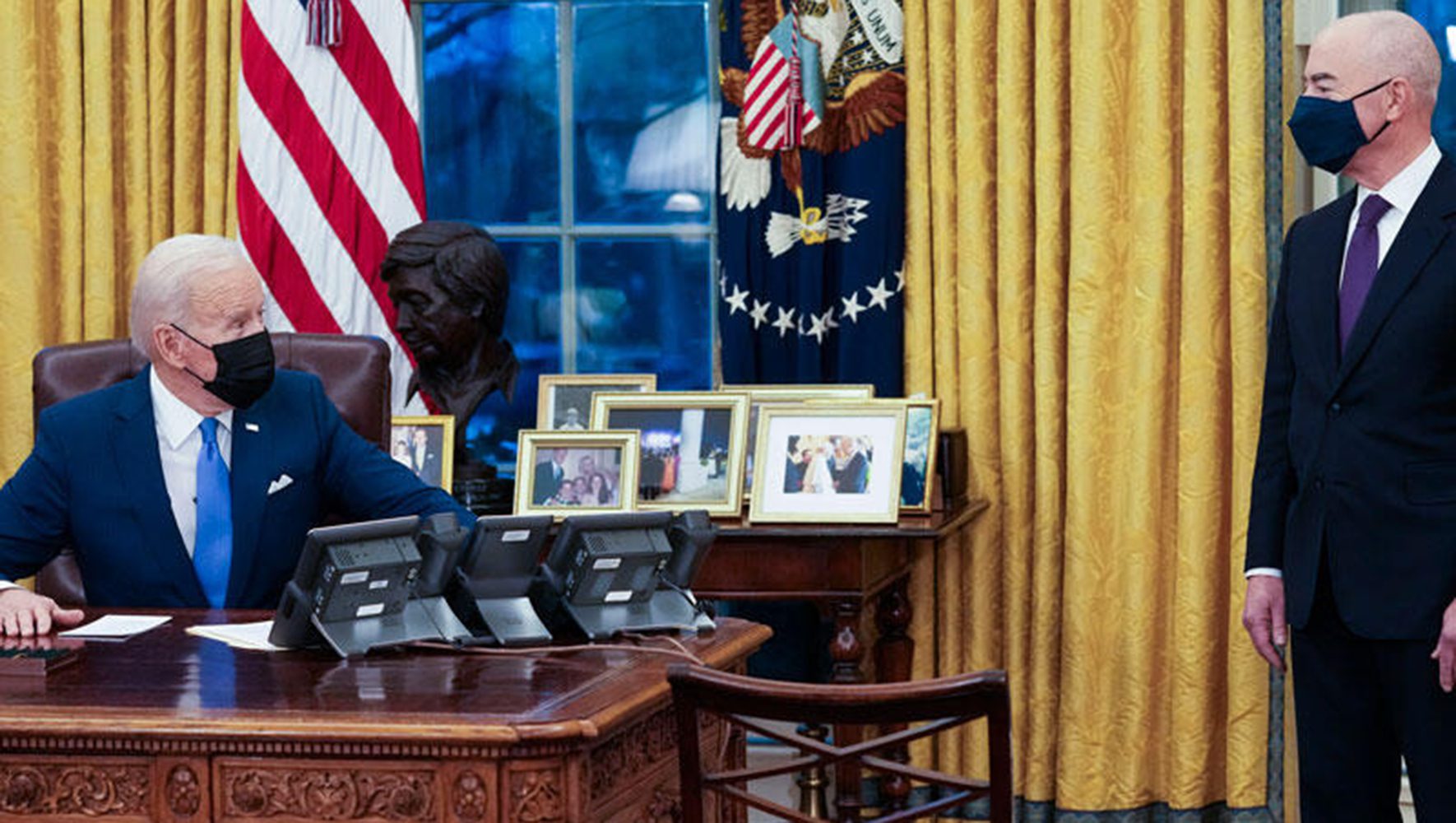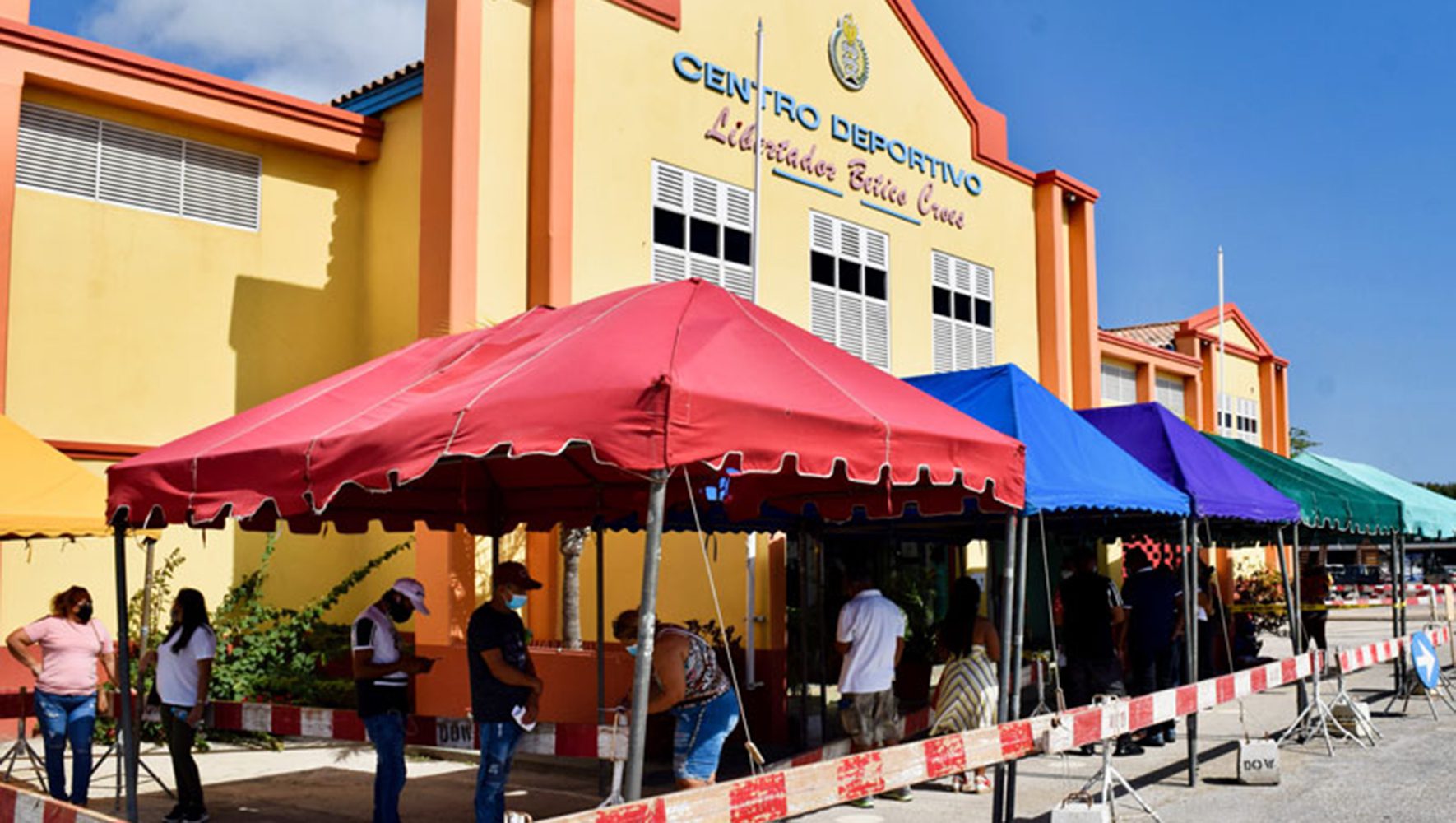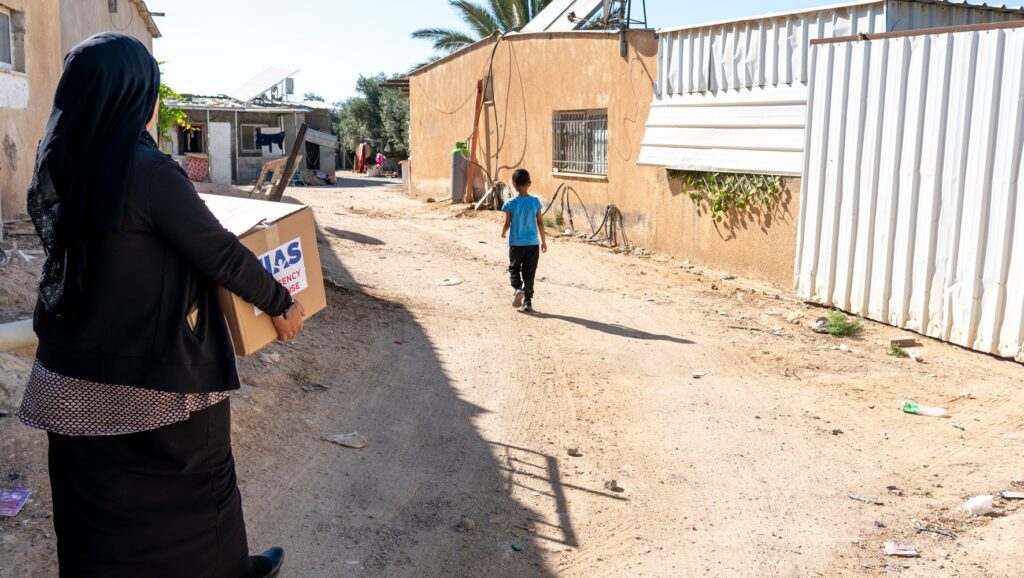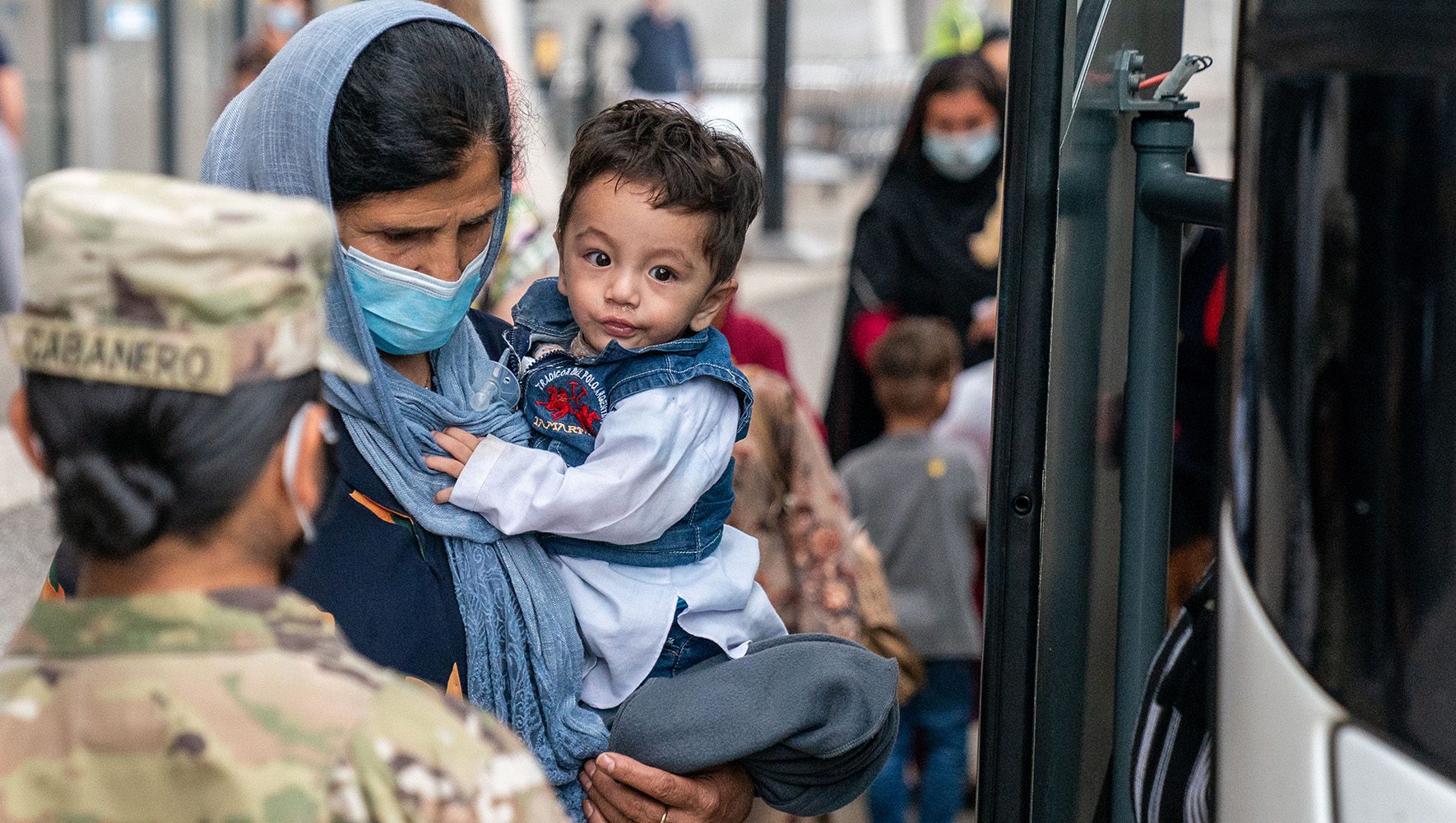
Another challenging year.
That’s about the most diplomatic way to say 2021 was better than 2020, but not much. The tally of refugees worldwide grew again, COVID-19 continued its grim worldwide march, and the pandemic made life difficult and dangerous for everyone. Yet despite the difficulties, HIAS has managed to make this past year one of many accomplishments.
Refugees and asylum seekers were often forced into even more precarious situations by COVID-19: for example, U.S. immigration authorities continued to use an obscure public health law to expel migrants at the U.S-Mexico border. Despite this challenge, HIAS facilitated the admission of 10,000 asylum seekers into the U.S. under special exemption of that law and expanded its presence in Mexico to assist more people.
Across all its offices in 16 countries, HIAS has remained committed to providing vital services, online if necessary, doing more rather than less in these uneasy times. Some of the more “remarkable” moments of 2021, then, were simply when HIAS kept doing its work and reached more displaced people, whether as a leading organization meeting humanitarian needs of Venezuelans, or supporting economic opportunities for refugees in Central America, something United Nations High Commissioner for Refugees Filippo Grandi recognized when he visited HIAS in Ecuador and Panama in June.
In August, when the U.S. Army pulled out of Afghanistan and the civilian government rapidly capitulated to Taliban forces, America hurriedly evacuated almost 75,000 Afghans. After four years of reduced resettlement, the U.S.refugee resettlement landscape was suddenly transformed. Refugees were placed on military bases, but even as HIAS staff and others worked to process them, the resettlement of so many people in such a short period of time strained the system. To meet the extra demand, a solution known as “sponsor circles” is being pioneered now, and through its own “Welcome Circles” HIAS plans to resettle between 500 to 1,000 Afghan refugees in communities across the country.
In the face of continuing crises and the new Afghan refugee situation, HIAS continued to extend its reach. This past year HIAS helped more than 1.1 million displaced people, another annual record in the organization’s history.
Here is a look back at pivotal moments of 2021:
- HIAS worked on all fronts to help with the effort to resettle thousands of Afghan refugees. Addressing the lack of affordable housing, continuing calls to action in the media, and advocating for government funding for Afghan refugees are central and ongoing issues for HIAS. Across the HIAS network more than 1,800 Afghans have been resettled this year. As HIAS continues to work on these issues in 2022, the American Jewish community is ready to play a role — as evidenced by this newly released video about the response of one of HIAS’ newest affiliates, a Tulsa synagogue.
- Things got even more complicated at the U.S.-Mexico border. When the Biden administration took over in January it suspended the notorious “Remain in Mexico” program, but after a court order forced the administration to reinstate the program, the administration actually expanded it. HIAS has stated our strong belief that Remain in Mexico violates the human rights of asylum seekers and called on the administration to legally end the program.
- HIAS’ emergency response to multiple situations in 2021 showed both an agility and ability to quickly assess the needs of individuals and communities affected by emergencies. HIAS conducted assessment trips to the Darién Gap, a dangerous migrant transit point between Colombia and Panama; provided logistical support to people coping with a rapidly deteriorating situation on the Guatemala-Honduras border; supported Haitian migrants during a crisis at the U.S.-Mexico border; and sent relief items such as solar lamps and COVID-19 vaccine kits along with malaria testing and treatment to nine flood-ravaged villages in Guyana.
- In positive policy news, President Biden raised the number of refugees to be admitted to the U.S. this fiscal year to 125,000; the annual refugee admissions cap had fallen to a historic low of 15,000 under the previous administration. HIAS believes admissions more in line with the historical average of 95,000 is a step toward repairing the U.S. Refugee Admissions Program and restoring U.S. humanitarian values and leadership.
- Helping LGBTQ refugees and asylum seekers around the globe took on a new focus in 2021, especially during Pride Month. Two videos, “I Never Thought It Will Happen to Me” and “To Start Another Life, Free,” showed how HIAS advocates for LGBTQ refugees’ human rights and, in many cases, provides them with lifesaving support.
- With seven new resettlement locations, HIAS expanded the organization’s network of partners to help provide homes and support for refugees when they arrive in the United States. HIAS is now helping resettle refugees in 24 metropolitan areas across the country.
- In Aruba, the government looked to HIAS to help administer the COVID-19 vaccine to people with irregular status, mainly asylum seekers from Venezuela, who were afraid to get vaccinated for fear of being deported. HIAS Aruba assisted hundreds at a major vaccination site in just a matter of days, ensuring undocumented people’s safety.
Looking back, HIAS can be proud of its achievements. “In 2021, HIAS led the Jewish response to the Afghan refugee crisis and prepared for significant growth in the U.S. Refugee Admissions Program, but also took steps to solidify its role as a truly global refugee agency,” said HIAS President and CEO Mark Hetfield.
Looking ahead, the organization knows there is still much work to be done. There are an estimated 84 million forcibly displaced people around the world and the number continues to increase each year. But, with a dedicated — and growing — global staff of 1,400 and thousands of supporters behind us, our impact will continue to increase in 2022.
